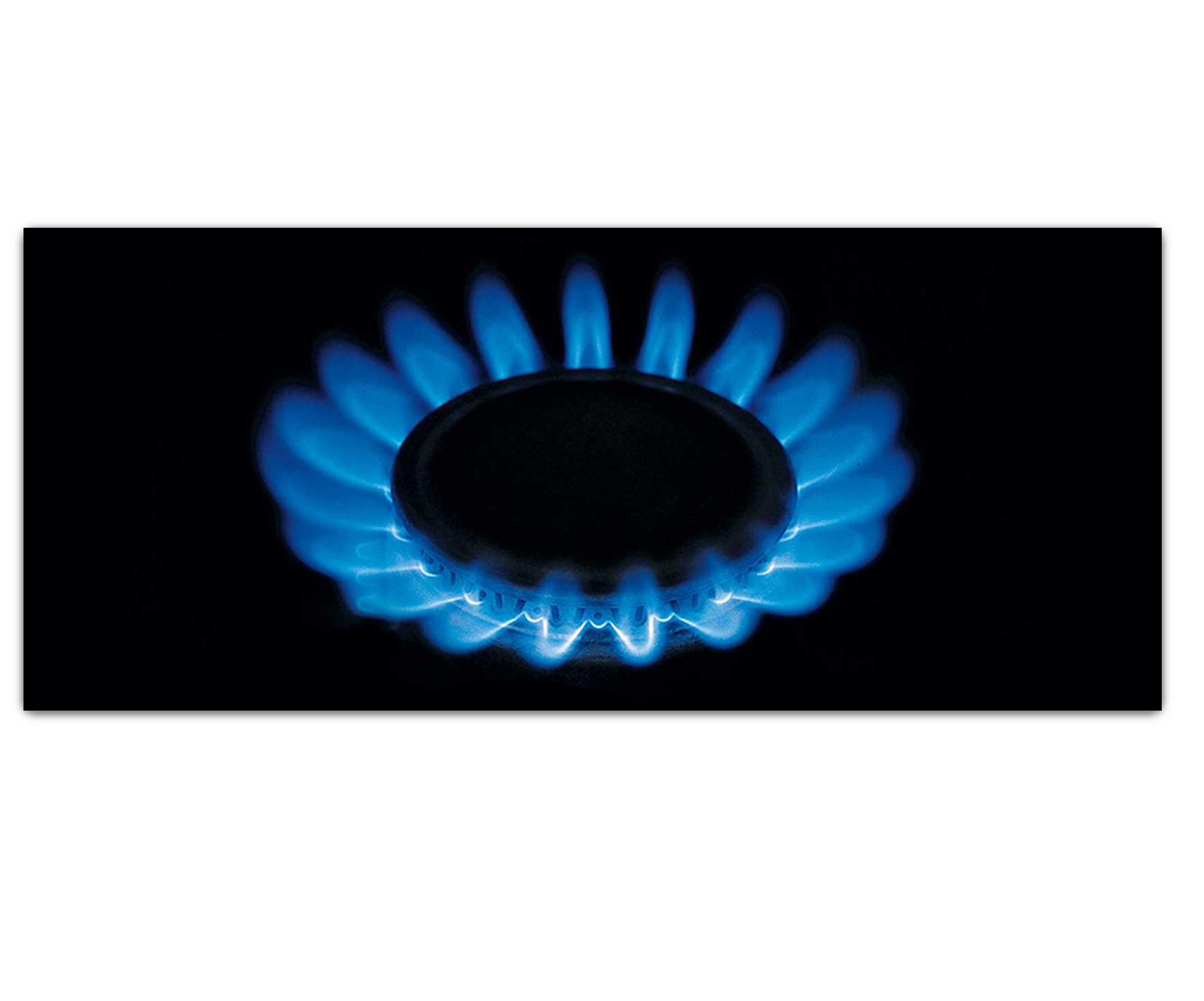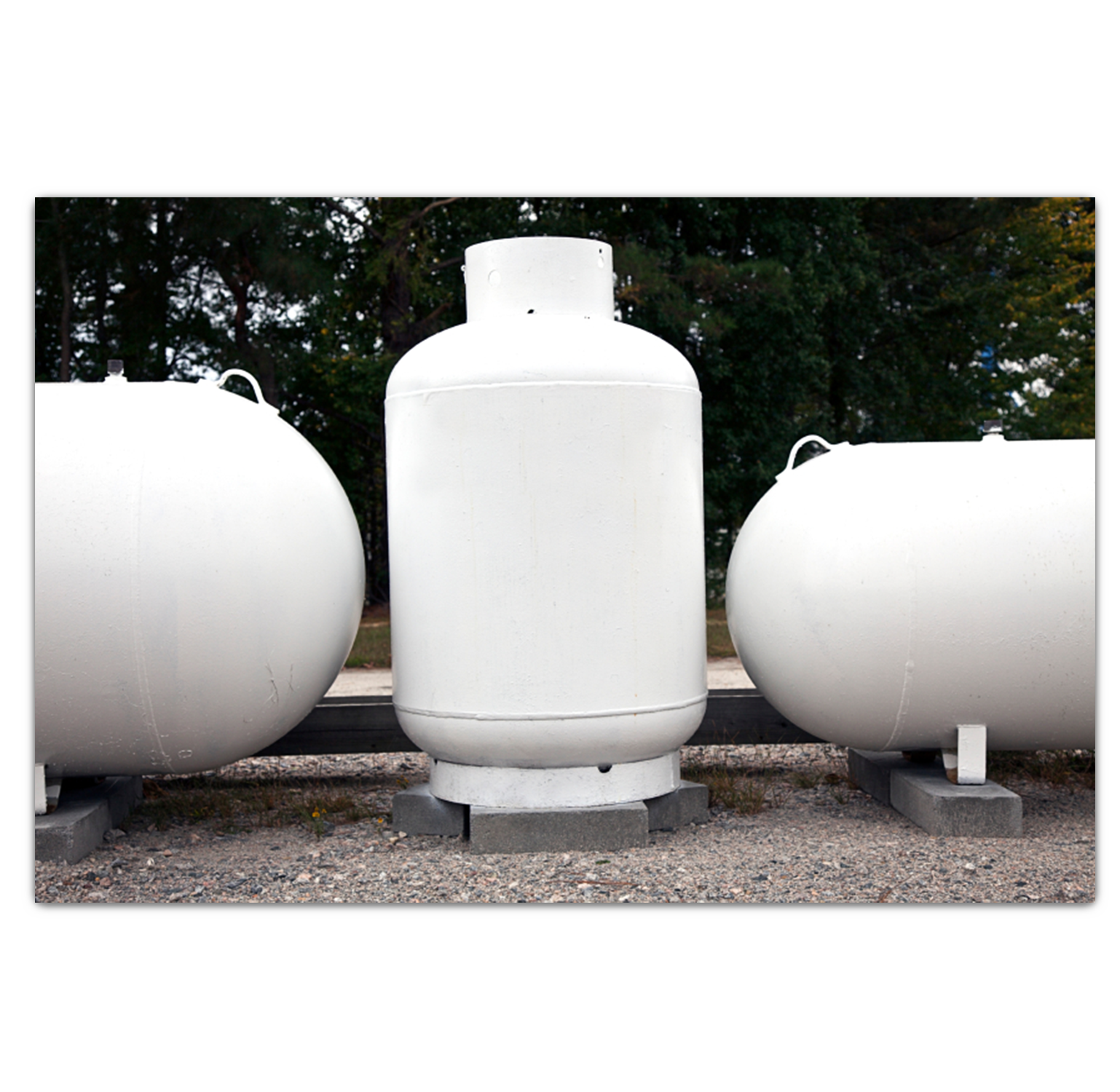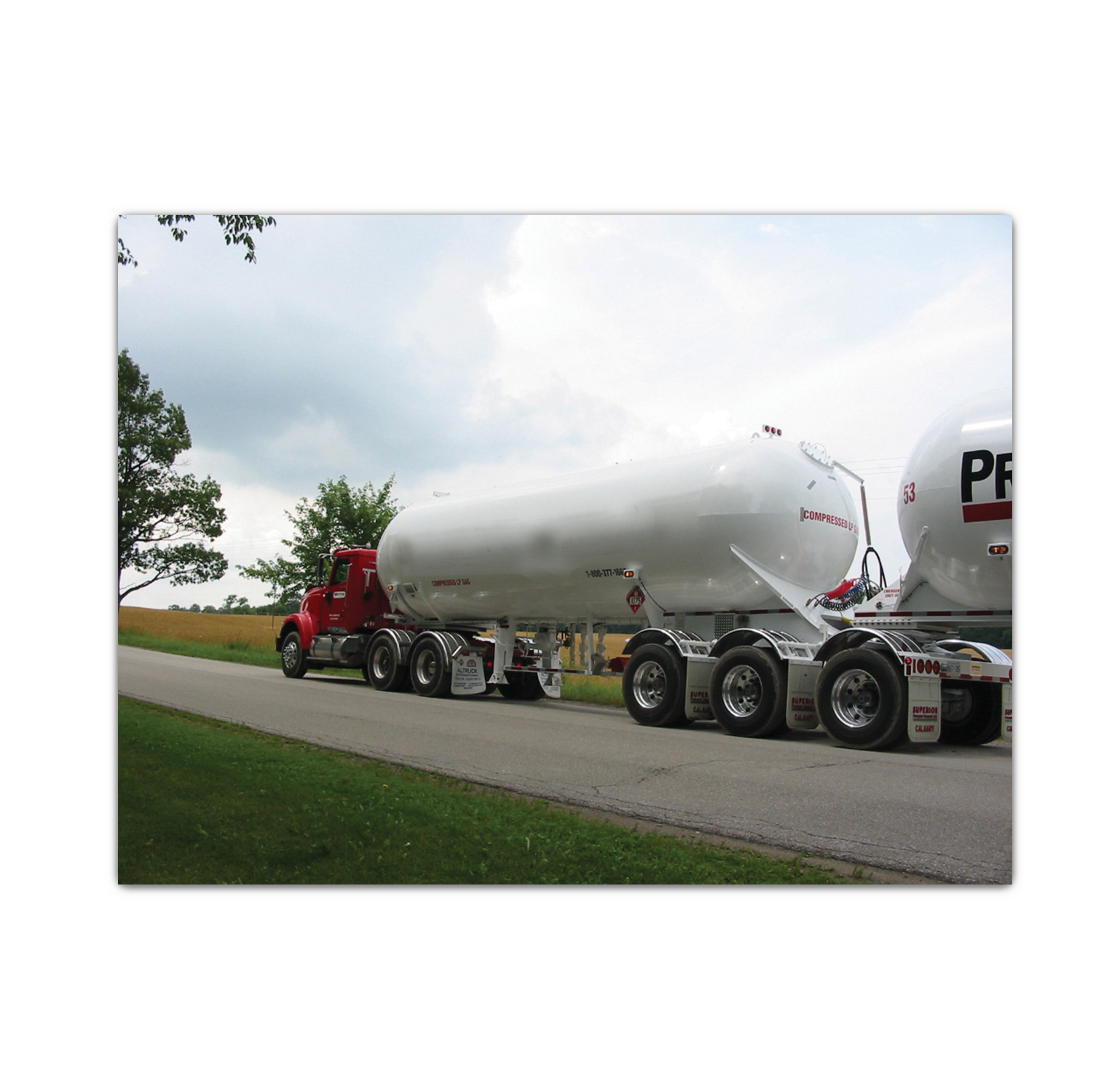A Beginner’s Guide to Propane and Radio Remote Controls
What is propane? How do radio remote controls keep us safe?
Propane is a naturally occurring gas that develops in the earth, specifically through the decomposition of organic matter over long periods of time. It’s found in a liquid called petroleum, where it’s extracted along with along with butane, ethane and numerous other compounds. It is a non-toxic member of the LPG (liquefied petroleum gas) family, which are known for their ability to convert to liquid with a little bit of atmospheric pressure. Propane is used for seemingly endless applications including engine fuel, appliances and home heating. Chances are you use propane much more often than you think you do!
How do we get it? A brief overview.
Propane can be extracted from the petroleum liquid mixture in 2 ways – through natural gas processing where it’s mined from fossils and ancient organic matter in the earth, and through petroleum refining.
The refining process begins with drilling. The liquid is piped out of the ground and goes into a separation chamber where the crude oil separates from the other “wet” gases; the crude oil sinks to the bottom, making the other liquefied gases easier to access. The “wet” gases (natural gas and LPGs) are then sent to a gasoline absorption plant where the natural gas and LPGs are removed, leaving about 90% dry methane gas for the gas utility companies’ use. We won’t worry about that bit for this article.
The natural gas and LPG mixture is sent to a still where the hydrocarbons are boiled off, separating the natural liquid gas (sinks to the bottom) from the LPGs (only about 10% on the top). The LPG mixture is then separated one last time into 3 parts – butane, isobutane, and propane.
STORAGE & Delivery
In North America, propane is pumped down and stored in liquid form in massive salt caverns (Fort Saskatchewan, Alberta; Mont Belvieu, Texas and Conway, Kansas). These caverns are the perfect storehouse for propane/liquid gases as no air or liquid can escape through the surrounding rock salt. From these storage facilities, it is withdrawn and shipped in liquid form by pipelines, truck, ship, barge and railway to the areas where it’s needed.
WHERE BASE Comes In
Propane, while extremely useful for everyday life, can also be quite dangerous. It is extremely flammable, and if it escapes the holding tank (thereby turning from liquid to gas) the potential disaster zone increases exponentially. In response to this fact and unfortunate past explosions, the DOT passed a law requiring every LPG delivery truck and driver have access to a wireless remote control Emergency Shutdown device. In the event of an emergency, the driver could run away from the truck while using the handheld to shut everything down and prevent a sizeable explosion.
BASE Engineering not only designs and manufactures these radio remote controls, but we’re also one of the only companies producing ATEX rated wireless controls – to the non-industry folk, that means they’re wireless controls for explosive environments. More details about that here.(link)
But why stop there? If we could shut the truck down, what else could we do? The process started with customers requesting things like Wireless Hose Reel control, Wireless PTO control, and a Query/timed safety feature and has evolved into over 50 options. We’re able to control, and even automate with the use of an on board computer, most aspects of the fuel delivery process.
Our remote controls for fuel trucks increase fuel delivery efficiency, and most importantly safety. By keeping the delivery trucks and drivers safe, we keep your families safe too.
SO, it’s dangerous?
Surprisingly enough, propane is very safe and environmentally friendly once you omit the fire hazard. It’s clean burning and is even categorized as an approved clean fuel by the US Government.
Assuming it’s handled properly and at the correct temperatures, propane is not considered a greenhouse gas, is not damaging to underwater plants or marine life should a spill occur, and the vapor isn’t harmful if accidentally inhaled by animals or people. Environmentally, it’s actually one of the best and safest fuels around.
I Barely Use It
Propane isn’t going anywhere, and I guarantee it’s more prevalent in your life than you realize. This great video from the Canadian Propane Association outlines some of the uses and benefits I’ve talked about (albeit in a much more interesting way!).
LEARN more from Industry Associations
BASE Engineering is a proud member of various propane industry organizations, some of which are listed below. These are great resources if you’d like to learn more about propane or the industry itself.
National Propane Gas Association



